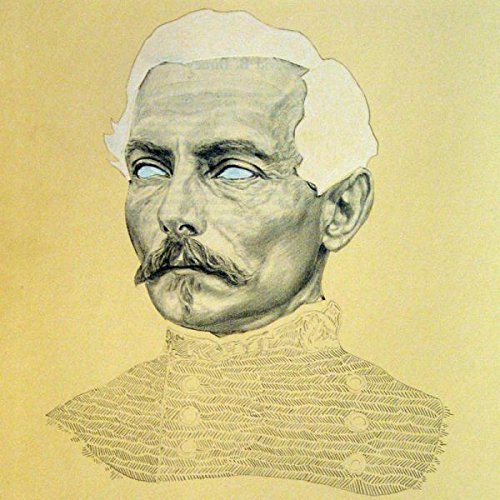
Rogue Wave
Delusions of Grand Fur
Release Date: Apr 29, 2016
Genre(s): Pop/Rock, Adult Alternative Pop/Rock, Alternative/Indie Rock, Indie Rock, Indie Pop
Record label: Easy Sound Recording Company
Music Critic Score
How the Music Critic Score works
Buy Delusions of Grand Fur from Amazon
Album Review: Delusions of Grand Fur by Rogue Wave
Very Good, Based on 5 Critics
Based on rating 8/10
It’s refreshing when a group with as long a history as Rogue Wave are willing to continue exploring uncharted territory on their new releases. The Californian four-piece certainly fit this bill on their sixth album, Delusions of Grand Fur. In a small way, the wit of the album title’s pun prepares us for the upbeat sharpness of the record as a whole.
Based on rating 7.5/10
Three years after 2013's sparser, more tentative Nightingale Floors, Rogue Wave come roaring back with an album that reasserts them as major, albeit under-recognized, players in the world of 21st century indie rock. Core members Zach Rogue (singer/songwriter/guitarist) and drummer Pat Spurgeon decided to record and produce this album themselves, and the result is their best work since 2007's Asleep at Heaven's Gate. .
Based on rating 7/10
On LP six, Rogue Wave pick up where they left off on 2013's Nightingale Floors, blending bedroom warmth with rock-club synth pop on Delusions of Grand Fur. Though the album doesn't mark a conspicuous change in direction for the band, it does branch into the trippy ("Take It Slow," "The Last Picture Show") and the new wave-resurrecting ("What Is Left to Solve" and "Ocean"), with leader Zach Rogue calling the record "the trajectory I've always wanted for this band. " Delusions of Grand Fur was notably home-recorded and produced by core members Rogue and Patrick Spurgeon, their first endeavor in unaided production dating back to the cozy lo-fi of Rogue Wave's 2003 debut, Out of the Shadow.
Based on rating C+
Six albums and 12 years in, Delusions of Grand Fur finds Rogue Wave ready to move forward with nary a direction in sight. Rogue Wave — the band best known for “Lake Michigan”, a single that lives in many iTunes libraries apart from any of its kin — have long relied on the signature combination of Rogue’s cherubic observations and shimmering guitar melodies. When the band graduated from the charming lo-fi sound of Out of the Shadow and Descended Like Vultures into the more lushly conceived sounds of Asleep at Heaven’s Gate, there was promise on the horizon.
Based on rating 5.7/10
After losing his Silicon Valley job in the early-'00s dotcom bust, Zach Schwartz debuted his Rogue Wave project in 2002, during the indie-pop boom. Like his Shins-era peers, Schwartz, who goes by Zach Rogue, was a sensitive songwriter who politely aired grievances with wayward friends, reckless parents, and departed partners in a way that shone a warm light on his personal losses. It was the redemptive aspect that attracted TV music scouts, and the scouts who helped break the band.
'Delusions of Grand Fur'
is available now

